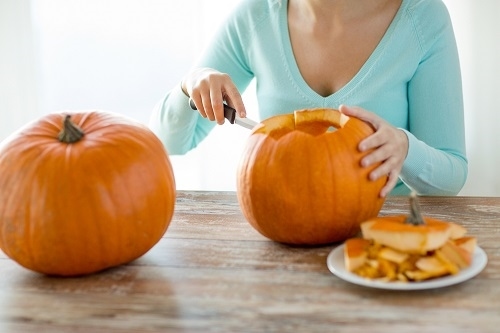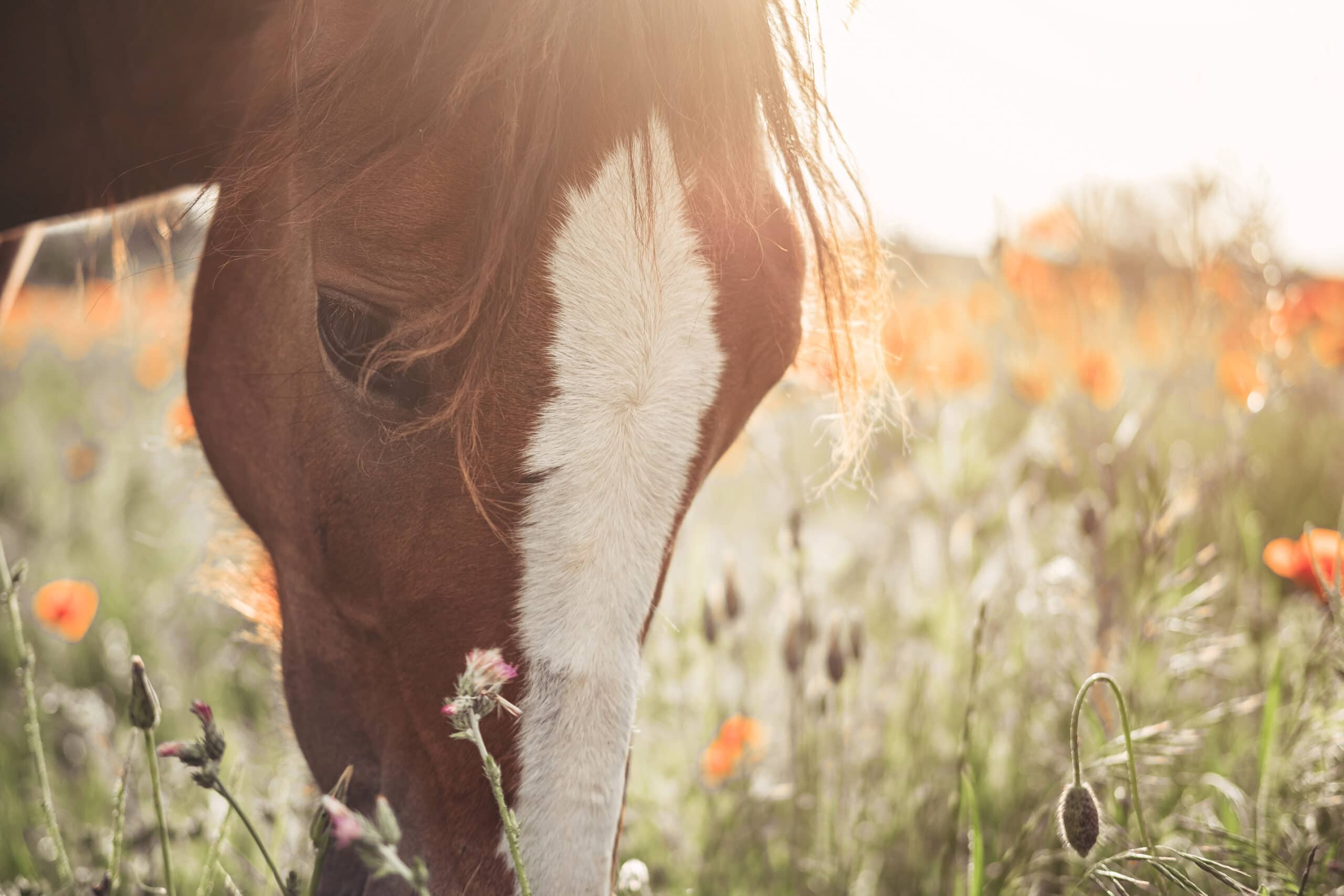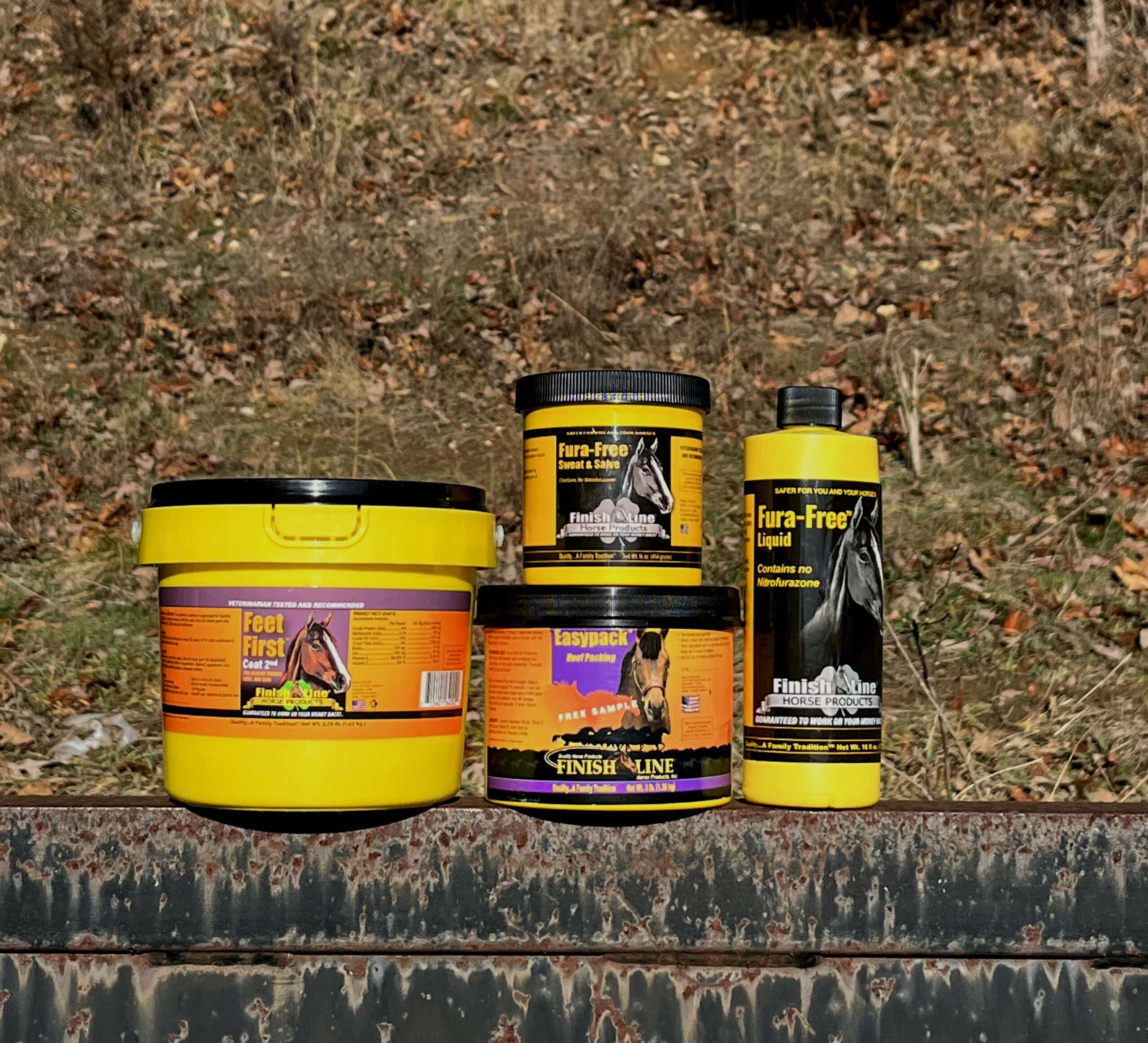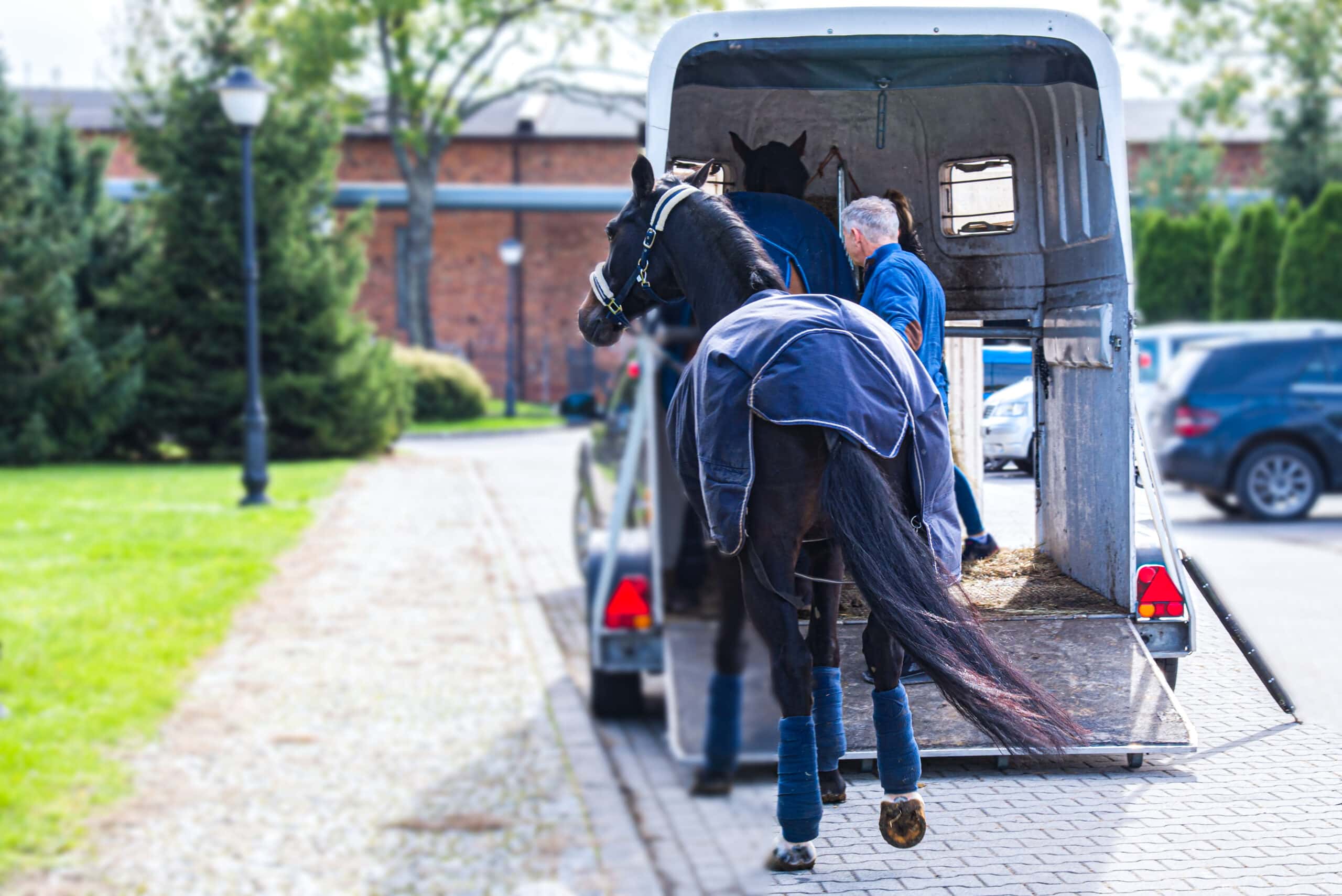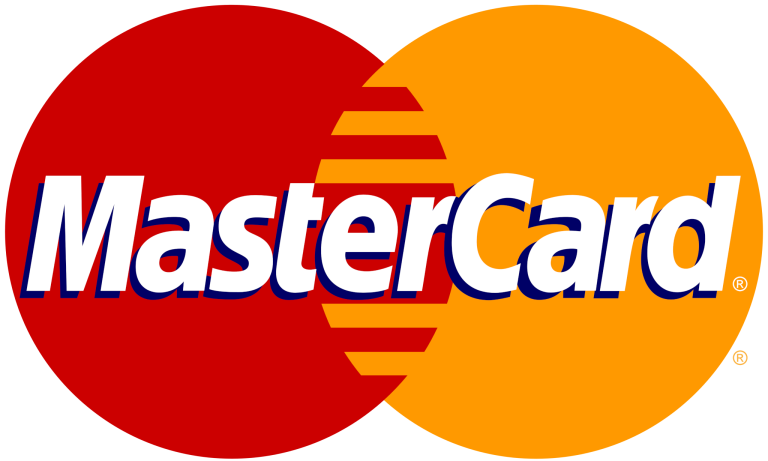Do you have pumpkins left over from Halloween? Some horse owners give their equine friends the orange fruit after the spooky holiday.
In general, horses enjoy a pumpkin treat and can do so safely. While pumpkins are often considered “vegetables,” they are a type of squash so technically a member of the fruit family.
Though pumpkins are not loaded with nutrients – they’re about 90 percent water – they have a sweet flavor. With that said, pumpkins do contain fiber and are low in calories, while consisting of some pantothenic acid, magnesium, and vitamins C and E.
Equine experts recommend feeding the fruit as a treat, instead of part of a horse’s diet.
How to prepare a pumpkin for your horse
If you do decide to share the pumpkin with your horse, slice it up into small chunks to avoid choking. Equines don’t mind eating the shell, so you don’t have to peel off the skin.
Keep in mind that orange pumpkins commonly sold for carving, making jack-o’-lanterns and pies are safe for horses, though other types of autumn gourds are toxic and could trigger, diarrhea and gastrointestinal irritation.
If your horse has health issues or special dietary needs, it’s important to consult your veterinarian before introducing a new feed element.
Safe vs. toxic treats for horses
Equine nutritionist Dr. Juliet Getty shares which treats are good and which are bad for horses.
The food that’s safe to feed includes:
- Apples
- Apricots (without the pit)
- Bananas (including the peel)
- Beets
- Berries
- Carrots
- Celery
- Cherries
- Coconut
- Dates (pitted)
- Grapes (and raisins)
- Grapefruit
- Lettuce
- Lemons
- Limes
- Mango
- Melons
- Oranges
- Peaches
- Pears
- Peanuts (roasted, never raw)
- Pineapple
- Plums
- Squash
- Sweet potatoes
- Tangerines
- Watermelon (including the rind)
Avoid the following foods for all horses:
- Broccoli
- Cauliflower
- Cabbage
- Milk and milk products. Do not feed ice cream, cheese and yogurt. Grown horses are lactose intolerant.
- Tomatoes
- Peppers
- Raw potatoes
- Onions
- Garlic (raw)
- Spinach
- Avocados



